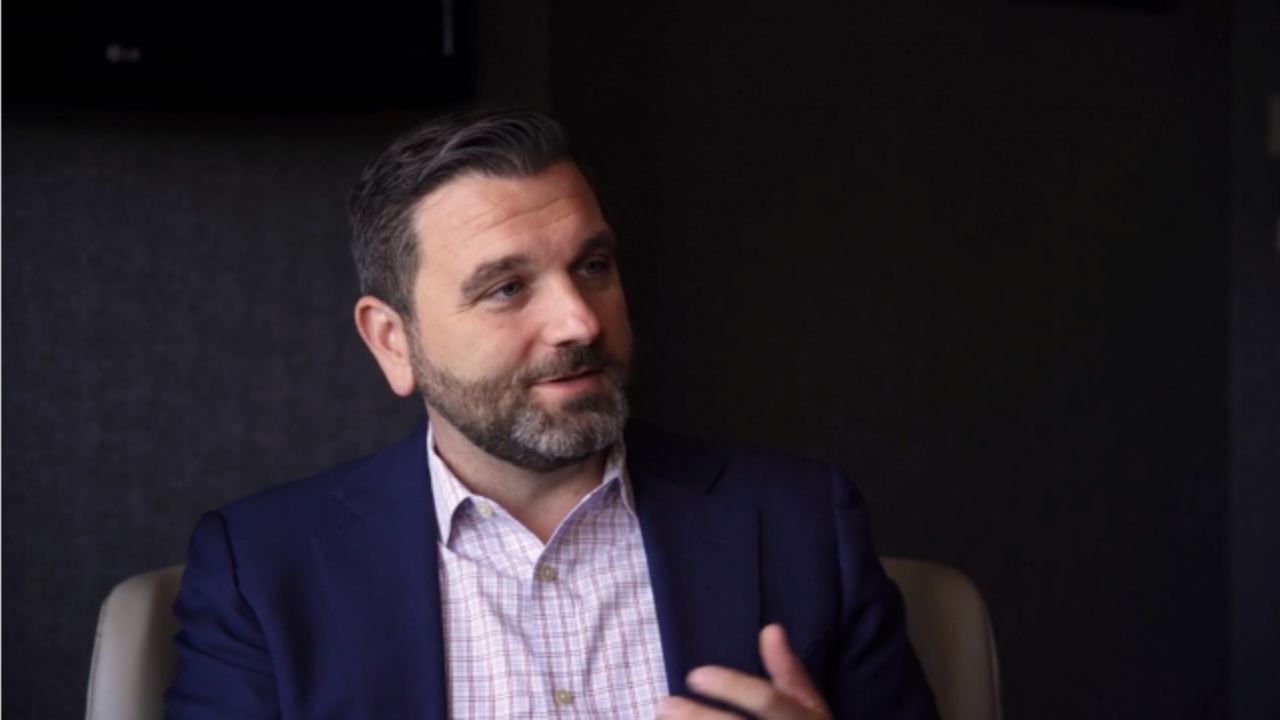Feb 6, 2023
Identifying Long-Term Risks
Zach Wolff, director of ERM and SOX internal controls, ConEdison, shares how his organization engages business leaders across the company to identify potential issues that may reflect longer-term emerging enterprise-level risks.



